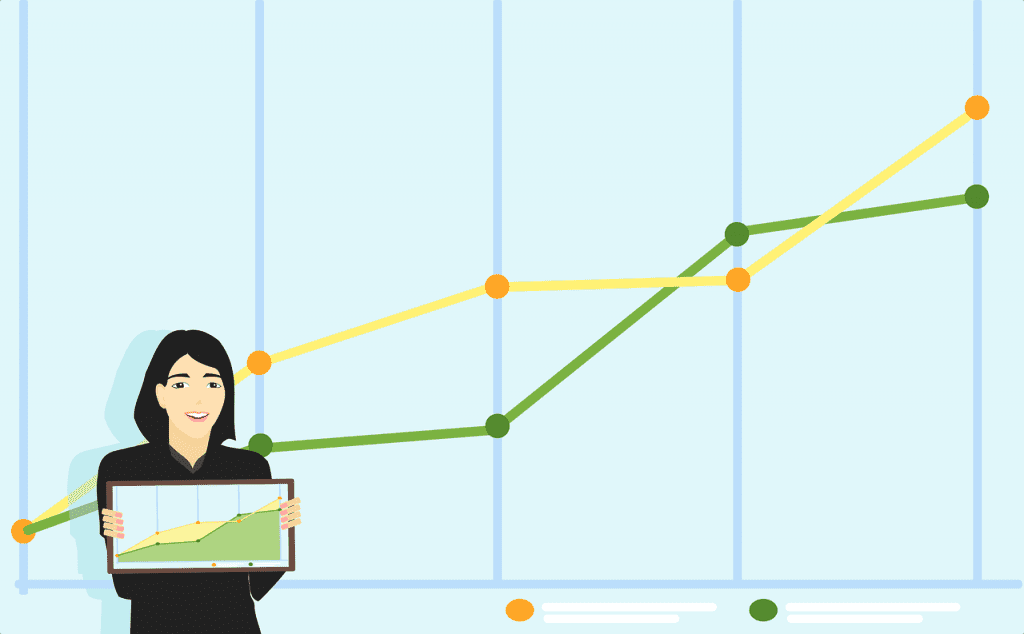The growth of fintech has made financial services more widely available in developing countries. But while more people now have bank accounts and can make mobile payments, what many entrepreneurs really need is credit. For someone in an emerging market trying to start or expand a business, getting a loan can be a game-changer.
Demonstrating creditworthiness isn’t always easy, however. According to FICO, one of the world’s most recognizable names in credit scoring, more than three billion people worldwide are “unscoreable” by traditional models because they have no borrowing history.
Fortunately, there are other ways to assess creditworthiness. We can get much of the information we need using psychometric credit scoring, which relies on personality testing rather than repayment history. And while “psychometric” may sound innovative and complex, it’s based on a simple premise. A given borrower’s likelihood to repay depends in large part on personal and behavioral traits. We can assess those traits by asking the right questions.
What is Psychometric Credit Scoring?
While there are numerous psychometric models out there, a common approach involves collecting responses during the loan application process. Questions cover the applicant’s personality, behaviors, skills and experiences, even the characteristics of their neighbors.
One of the most well-known psychometric models (developed by LenddoEFL, a not-for-profit organization dedicated to financial inclusion) asks respondents a series of personal questions. For example, how long would they expect to get by if they lost their main source of income? Would they prefer to receive a certain sum today or a twice-as-large sum tomorrow?
Respondents are even assessed on how quickly they answer the questions. Answer too quickly and you might not be thinking adequately about the responses. Respond too slowly, however, and you might give the impression that you’re trying to outsmart the system.
The applicant’s responses are used to establish personality type and risk profile. Traits such as conscientiousness are associated with a low-risk profile, while excessive ambition is associated with high risk. Once the assessment is completed, a psychometric credit score is given.
Massive Potential for Financial Inclusion
Psychometric credit scoring can have tremendous benefits for both borrowers and lenders. For starters, it helps financial institutions expand their portfolios and reduce defaults. By identifying people with no repayment history who are nonetheless deserving of credit, lenders can reach a previously unserved customer segment.
For borrowers, the benefits can be massive. For a small factory owner buying new equipment or a shopkeeper looking to expand her range of products, a small loan can make a life-changing difference. Psychometric credit scoring is especially impactful when you consider that a large proportion of those with no borrowing history are young—the very people with the most economic potential.
Psychometric scoring is a powerful tool for helping low-income borrowers get their first loan and start building credit history. Once people become financially included, it’s easier for them to continue to qualify for credit using more traditional metrics.
Psychometric Credit Scoring in Guatemala and Honduras
My organization, FINCA Impact Finance, is using psychometric credit scoring to expand financial inclusion in Guatemala and Honduras, two of 20 countries in which we provide responsible finance. We first piloted psychometrics in Guatemala in 2016 to reach more clients and make credit decisions faster and more accurately.
Last year, we formed a partnership with CreditInfo to use their psychometric model in both Guatemala and Honduras. According to the World Bank’s Findex report, only 45 percent of adults in Honduras have a bank account and even fewer, 12 percent, have ever borrowed money from a financial institution. In Guatemala, those figures are event lower. Psychometrics can help us reach more people without taking on higher levels of risk.
Coremetrix, the solution we are piloting with CreditInfo, allows us to receive data from the applicant by a self-administered quiz. The quiz is taken digitally during the application process and the responses are used to generate a psychometric score. Our subsidiaries in both countries will use Coremetrix to identify potential borrowers who are currently being overlooked by traditional credit scoring models. If the Coremetrix pilot is successful, it will help expand financial inclusion in two countries that still have large unbanked populations.
As a financial institution, the better we know our customers the better we can serve them. Psychometrics helps by adding a personal layer to the credit scoring process. Through new approaches to assessing creditworthiness and other innovative financial services, we can get closer to achieving full financial inclusion.
